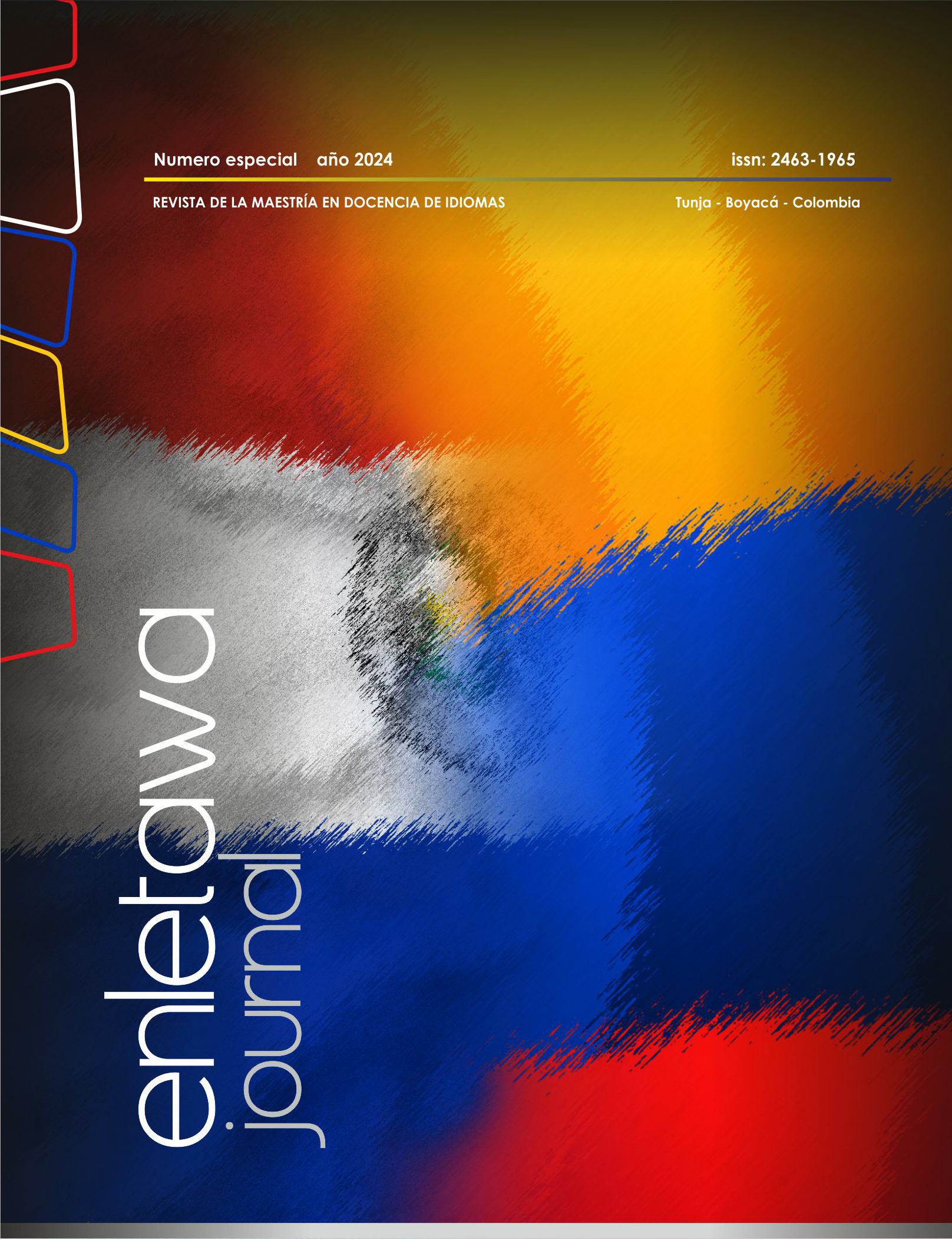Contextualized Materials: Principles for Their Development

Abstract
This article describes the different guiding principles that were taken into account in the development of contextualized materials for the teaching of the mother tongue (Spanish) in the primary stage of schooling for 4th grade students of the Elementary School No. 1101, Private Subsidized, San Vicente de Paúl, in the city of Coronel Bogado Itapúa, Paraguay. The research took into account various studies, mainly in Latin America, as well as the way in which the theories were approached in order to develop the contextualized materials. The proposed literature approach allowed for the creation of material that was in line with the local reality and culture, in a specific context, so that the students could strengthen their mother tongue (Spanish) based on the communicative skills of oral and written comprehension and expression.
Keywords
guiding principles, contextualized materials, language learning, communication skills
References
- Baralo, M. (2000). El desarrollo de la expresión oral en el aula de ELE. Carabela, 47, 5-36.
- Bruzual, R. (2007). Fundamentos teóricos y metodológicos para la enseñanza de la lengua materna (L1) y segundas lenguas (L2) en contextos bilingües. Argos, 24(46), 46-65.
- Cassany, D. (1999). Los enfoques comunicativos: elogio y crítica. Lingüística y Literatura, 36(37), 11-33.
- Delgadillo Macías, R. E. (2000). Materiales para la producción escrita: una propuesta metodológica para la enseñanza del español como segunda lengua. Estudios de Lingüística Aplicada, 18(32), 103-114.
- Elías, R., Rodas, S. & David Rodas, C. D. (2022). Reconocimiento, retrocesos y resistencias en defensa del derecho a la educación en lengua guaraní en Paraguay. Revista Educación, Política y Sociedad 7(2), 77-102.
- Muñoz-Basols, J., Gironzetti, E. & Lacorte, M. (Eds.). (2018). The Routledge Handbook of Spanish Language Teaching. Routledge.
- Mejía Navarrete, J. (2004). Sobre la investigación cualitativa. Nuevos conceptos y campos de desarrollo. Investigaciones Sociales, 8(13), 277-299.
- Núñez Pardo, A. & Téllez Téllez, M. F. (2021). Tracing the Cultural Component in Teacher Generated EFL Materials. Universidad Externado de Colombia.
- Núñez Pardo, A., Pineda Báez, C. & Téllez Téllez, M. F. (2004). Key Aspects for Developing Your Instructional Materials. PROFILE: Issues in Teachers' Professional Development 5(1), 128-139.
- Peña Calvo, A. (1998). Diseño de materiales para el aprendizaje autónomo de E/LE. En El
- español como lengua extranjera. Del pasado al futuro: actas del VIII Congreso Internacional de ASELE, Alcalá de Henares, 17-20 de septiembre de 1997, Universidad de Alcalá.
- Ramos Holguín, B., & Aguirre Morales, J. (2014). Materials Development in the Colombian Context: Some Considerations about Its Benefits and Challenges. HOW, 21(2), 134-150.
- Real Espinosa, J. M. (2023). Entrevista con el profesor Brian Tomlinson: la humanización de los materiales de aprendizaje. MarcoELE: Revista de Didáctica Español Lengua Extranjera, 36, 2.
- Hernández Sampieri, R., Fernández, C. & Baptista, L. (2014). Definiciones de los enfoques cuantitativo y cualitativo, sus similitudes y diferencias. En R. Hernández Sampieri (6.a ed.), Metodología de la investivación (pp. 2-20). Mcgraw-Hill / Interamericana Editores.
- Tomlinson, B. (Ed.) (2011). Materials Development in Language Teaching. Cambridge University Press.
